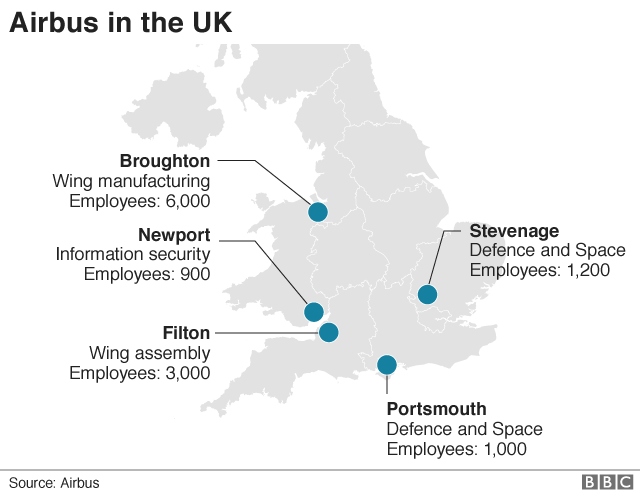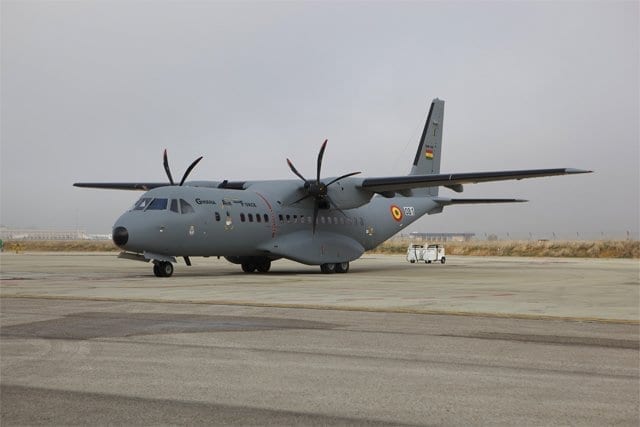PIC: EPA[/caption]
European aircraft manufacturer Airbus has said it will stop making its A380 “superjumbo”, the world’s largest passenger aircraft.
In a statement, the company said it would make its last deliveries of the aircraft in 2021. The decision comes after Emirates, the largest customer of the A380, reduced its order. The costly aircraft has struggled to compete with more efficient, smaller models.What did Airbus say about the decision?
In a statement on Thursday, Airbus said Emirates would reduce its A380 order book from 162 to 123 aircraft. “As a result of this decision we have no substantial A380 backlog and hence no basis to sustain production, despite all our sales efforts with other airlines in recent years. This leads to the end of A380 deliveries in 2021,” said Airbus chief executive Tom Enders. “Passengers all over the world love to fly on this great aircraft. Hence today’s announcement is painful for us and the A380 communities worldwide.” The aerospace giant said the impact of the decision was “largely embedded” in the firm’s 2018 results, which showed a net profit for 2018 of €3bn (£2.6bn) up nearly 30% from the previous year. Airbus said it would deliver between 880 and 890 new commercial aircraft this year.What does it mean for jobs?
Airbus said it would start discussions with partners regarding the “3,000 to 3,500 positions potentially impacted over the next three years”. The company did not specify which jobs or locations would be affected. But it said increased production of the A320 and the new wide body order from Emirates Airline would offer “a significant number of internal mobility opportunities.” Airbus UK makes the wings for the A380, employing 6,000 staff at its main wings factory at Broughton in Wales, as well as 3,000 at Filton, near Bristol, where wings are designed and supported.














